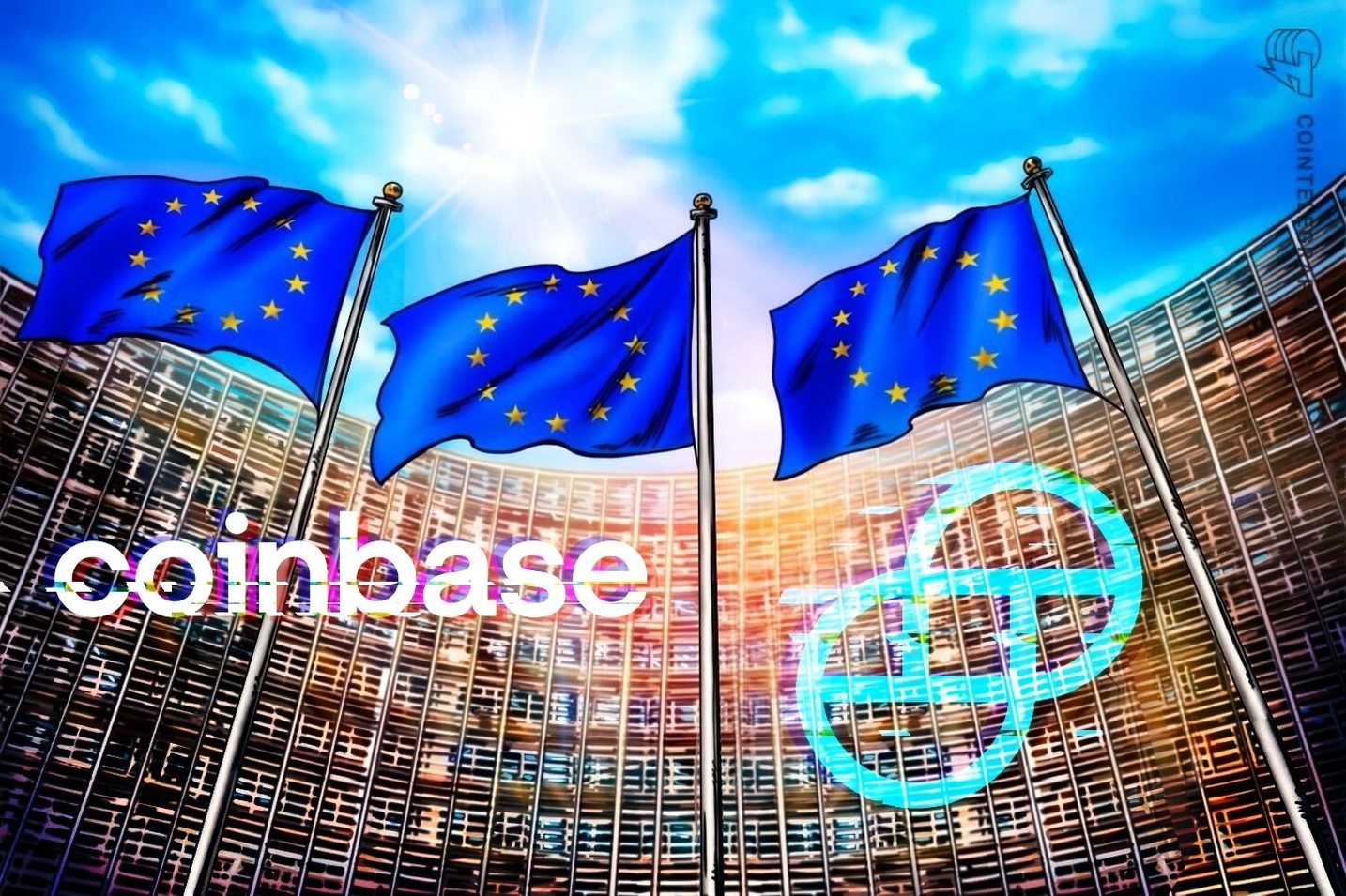Gemini is set to receive approval from Malta, while Coinbase is expected to get the green light from Luxembourg, according to Reuters.

Crypto exchanges Gemini and Coinbase are reportedly set to secure licenses to operate in the European Union, marking a significant step in their expansion under the newly implemented Markets in Crypto-Assets (MiCA) regulations.
Gemini is on track to receive approval from Malta, while Coinbase is expected to obtain its license through Luxembourg, Reuters reported Monday, citing unnamed sources familiar with the matter.
A Coinbase spokesperson declined to comment on the specific application but told Reuters that Luxembourg is a “well-respected global financial center.”
Gemini and Coinbase would join other major exchanges moving into the EU under the MiCA framework. As previously reported by Cointelegraph, Bybit recently gained regulatory approval to operate in the region via Austria.
In January, Binance updated its deposit and withdrawal procedures in Poland to comply with the MiCA framework.
Regulations under the MiCA framework took effect in June 2024, with full implementation following in December after the European Securities and Markets Authority (ESMA) issued final guidance for EU member states.
MiCA is designed to create regulatory consistency across the region while strengthening investor protection and promoting financial stability.
Related: Europe gears up to regulate DeFi in 2026 as MiCA leaves sector in limbo
MiCA sparks stablecoin debate
While MiCA has been welcomed by some industry observers for bringing greater clarity to the rapidly evolving crypto asset space, not all feedback has been positive. As Chainalysis noted, the rules still leave “some room for interpretation and uncertainty,” particularly regarding stablecoins.
One contentious provision requires stablecoin issuers to hold a “significant” portion of their reserves in European banks — a key reason why USDt issuer Tether has declined to pursue registration under MiCA.
Nevertheless, at least 10 other stablecoins have been approved under the framework, including those issued by Circle, Crypto.com, Fiat Republic, Société Générale and others.
Early signs suggest that stablecoin adoption under MiCA has been lukewarm, however.
In Italy — one of the EU’s largest markets — MiCA has not led to significant stablecoin adoption, according to Fabio Panetta, former European Central Bank official and current Governor of the Bank of Italy.
Instead, he noted, interest has increasingly shifted toward “custodial and trading services.”
Magazine: Crypto wanted to overthrow banks, now it’s becoming them in stablecoin fight

 1 month ago
12
1 month ago
12
















 English (US) ·
English (US) ·